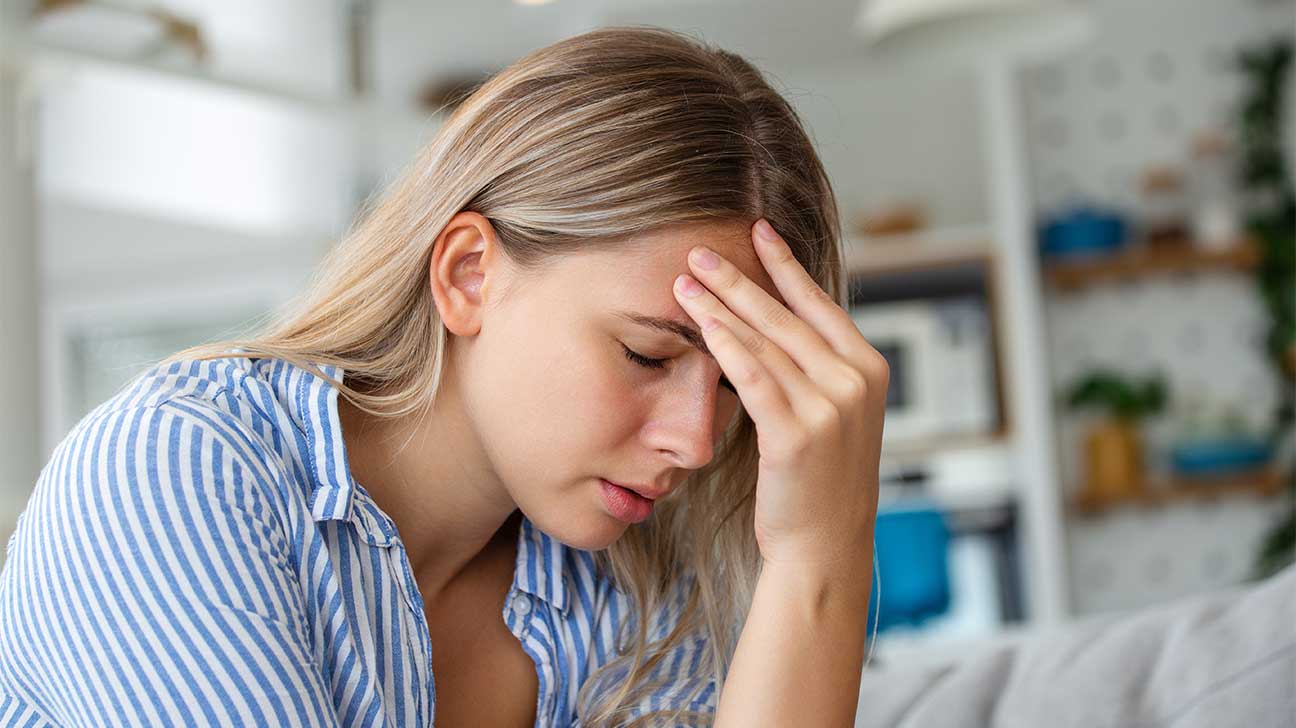Can You Overdose On Ativan?
Although it’s prescribed to treat anxiety disorders, Ativan is also sometimes abused in higher doses despite an increased risk of overdose.

Lorazepam overdoses can occur if the drug is abused in high doses or mixed with other drugs, especially other sedatives and CNS depressants.
Lorazepam (brand name Ativan) is a benzodiazepine drug prescribed as a short-term treatment for anxiety disorders, insomnia, alcohol withdrawal symptoms, and severe seizures (status epilepticus).
Like other benzos drugs, a dose of Ativan generates its effects by interacting with GABA-A receptors in the brain, powerfully relieving both mental and physical stress for a limited period of time.
Ativan Overdose Symptoms
Iit can be difficult to recognize if someone has overdosed on lorazepam because the drug is generally intended to provide sedation, muscle relaxation, and to help those taking it to sleep.
However, potential signs and symptoms of a lorazepam overdose include:
- agitation
- anxiety or panic
- blurred vision
- impaired thinking or confusion
- lethargy or severe drowsiness
- muscle weakness
- slowed reflexes
- slurred speech
- hallucinations
- memory impairment
- dangerously low blood pressure and heart rate
- labored, slow, or shallow breathing
- uncontrolled eye movements
- vertigo
- loss of consciousness or coma
It is important to note that overdose deaths related to lorazepam are by far more likely to occur when the drug is taken with other central nervous system depressant drugs like alcohol, opioids, barbiturates, muscle relaxants, anesthetics, and other drugs that cause drowsiness.
Responding To An Ativan Overdose
The most important sign of a life-threatening lorazepam overdose is respiratory depression, which you would recognize as slow, shallow, uneven, or interrupted breathing.
If you ever find a person is having trouble breathing, treat the situation as a medical emergency and contact your local emergency services as quickly as possible.
Once first responders arrive, they will likely provide advanced and potentially life saving overdose treatment for the victim. This may include the use of the benzodiazepine overdose antidote drug flumazenil, a benzodiazepine antagonist.
Ativan Overdose Risk Factors
A typical starting dose for lorazepam in adults is around 2-3 mg twice daily, not exceeding 10 mg a day.
Using higher doses of lorazepam than prescribed or taking it with other CNS depressant drugs may greatly increase one’s risk of experiencing side effects, potentially leading to a fatal overdose without medical attention.
Ativan Abuse & Addiction
The FDA and DEA classify Ativan and other benzos like Xanax as Schedule IV controlled substances, meaning they have a significant potential for dependence, drug abuse, and addiction.
Prolonged abuse of lorazepam can lead to physical and psychological dependence as well as a compulsive pattern of drug use and Ativan addiction, increasing the risk of overdose.
Ativan Side Effects
The most common side effects of Ativan use include:
- drowsiness
- dizziness
- impaired coordination
- headache
- nausea
- blurred vision
- changes in sexual interest/ability
- constipation
- heartburn
- change in appetite
Other severe side effects and adverse reactions are also possible, especially when the drug is abused in higher doses, and should be referred to your healthcare provider if they do occur.
Likewise, prolonged use of lorazepam and other benzos has been linked to a wide-range of chronic health conditions including addiction, motor problems, memory problems, and problems with mental health and cognitive performance overall.
Ativan Addiction Treatment
Those who have developed an unhealthy relationship with lorazepam will likely benefit from drug detox or tapering programs designed to help participants through the Ativan withdrawal process as safely as possible.
Once detox is concluded, a variety of evidence-based addiction treatment services may be recommended, including:
- individual or group counseling
- cognitive behavioral therapy
- dual diagnosis therapy
- peer support programs
- alternative therapies and interventions
To learn more about our inpatient treatment programs for benzodiazepine addiction, please contact the Ohio Recovery Center today.
- Food and Drug Administration (FDA) https://www.accessdata.fda.gov/drugsatfda_docs/label/2021/017794s048lbl.pdf
- National Institute on Drug Abuse (NIDA) https://nida.nih.gov/research-topics/opioids/benzodiazepines-opioids
- National Library of Medicine: MedlinePlus https://medlineplus.gov/druginfo/meds/a682053.html
- National Library of Medicine: StatPearls https://www.ncbi.nlm.nih.gov/books/NBK482238/

